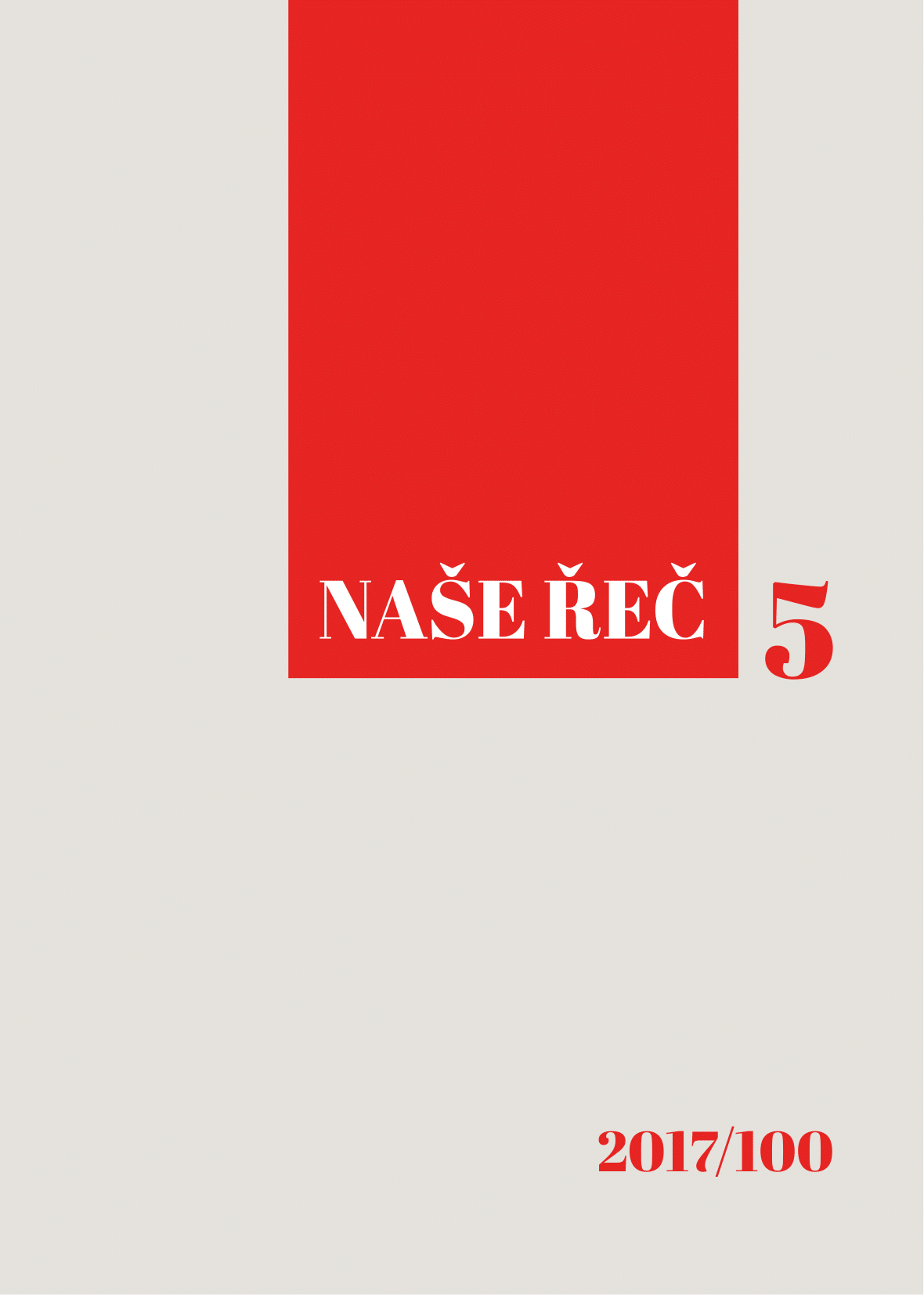Imperativy slovesa počkat a jejich úloha v organizaci diskurzu
Imperative forms of the verb to wait and their role in the organization of discourse
Author(s): Marie KopřivováSubject(s): Pragmatics, Western Slavic Languages
Published by: AV ČR - Akademie věd České republiky - Ústav pro jazyk český
Keywords: imperative of the verb to wait;conversation;spoken language corpora;Czech in the media;overlaps
Summary/Abstract: The article focuses on the occurrence of the imperative in spoken and written discourse. It identifies the most frequent imperatives in the following corpora: DIALOG (spoken Czech in the media), ORAL (intimate discourse), and SYN2015 (written Czech). Imperative forms of the verb počkat ‘to wait’ have the highest frequency in spoken corpora. An analysis of the imperative forms of počkat in spoken language reveals that its most common function is to interrupt another speaker’s turn. Depending on the type of dialogue, the interruption can be done in order to either add or refine information (in a friendly conversation) or to try to get the speaker to answer a question he or she has failed to answer (in political debates). Using an imperative can also initiate a repair sequence, even one targeted at oneself. Imperatives also serve to prevent turn yielding. For these reasons, they often appear in overlaps.
Journal: Naše řeč
- Issue Year: 100/2017
- Issue No: 5
- Page Range: 281-293
- Page Count: 13
- Language: Czech

